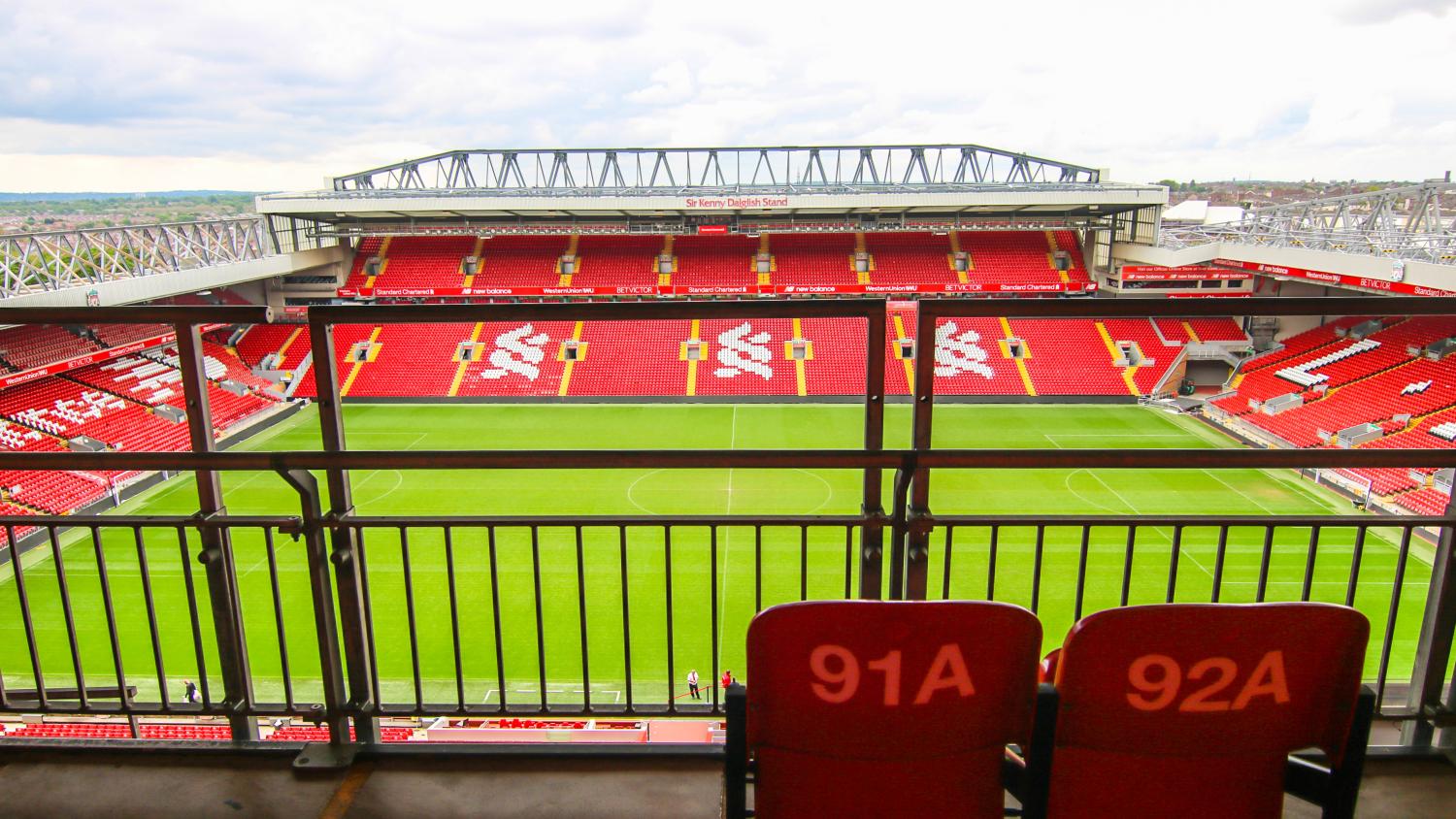Thursday’s Champions League draw was all about glitz and glamor, awards and prestige.
Friday’s Europa League draw was all about administrative efficiency and calculated bureaucracy, not even bothering to wait for prime time.
While UEFA’s big event on Friday was the draw that told Arsenal and Manchester United fans where they’ll be going in the Europa League this fall, another piece of news broke shortly after the draw telling them how much they’ll have to pay for those matches.
UEFA announced it would be putting a cap on Champions League ticket prices for away fans.
“By capping ticket prices, we want to make sure that away fans can still travel to games and play their part in making the atmosphere inside football stadiums so special.”
UEFA President Aleksander ČeferinRead more https://t.co/DD70ZDj5Y4
— UEFA (@UEFA) August 30, 2019
“Fans are the lifeblood of the game and those who follow their teams to away matches must have access to tickets at a reasonable price, bearing in mind the cost they have already had to incur for their trip,” UEFA president Aleksander Čeferin said. “By capping ticket prices, we want to make sure that away fans can still travel to games and play their part in making the atmosphere inside football stadiums so special.”
UEFA now mandates ticket prices for away fans be capped at €70 ($77) for Champions League matches and €45 ($49.50) for Europa League matches. This is for the lowest category of ticket prices, so tickets can be more expensive. This regulation builds upon the existing rule that requires clubs to price tickets the same for supporters of the visiting team as for supporters of the home team, excluding those in special categories such as season-ticket holders, supporters club members and tickets sold in promotional packages.
Despite the caveats, this is really outstanding. While $77 is still a lot of money for most (and high compared to most ticket prices in Europe), at least UEFA is trying to make the games more affordable. This will particularly help fans from smaller countries where their economies might not be as strong.
But as Americans, this is so fucking foreign we don’t even know how to wrap our heads around it. Here is an organization telling its constituents how much they can charge for tickets to events they host. Can you imagine the NFL telling Jerry Jones to limit how much he can charge Pittsburgh Steelers fans for tickets at AT&T Stadium? Or MLB asking the Yankees to slash their ticket prices?
In America, it’s all about letting the market decide how much tickets cost because capitalism. (Fuck yeah, capitalism! Go to hell socialism! Who wants to waste money helping people who need it when you can help the rich get richer?!) This usually screws over the average fan, who can’t afford to attend most matches. It also creates a huge secondary market, which is almost nonexistent in Europe, for better or worse. This is partly why top-tier sports tickets in the U.S. are so much more expensive than in Europe.
Champions League Ticket Prices Cap — What It Means
But is putting a cap on Champions League ticket prices a good thing for UEFA? What does it mean for the clubs?
Undoubtedly, this is a great move for the average fan, who will have greater access to his or her team. As Čeferin pointed out, soccer is nothing without the fans, and the more fans, the better off every soccer team becomes. Last year, prices surrounding the Champions League final got way out of hand.
On the other hand, this means clubs big and small will lose out on potential revenue. Why should UEFA dictate prices for fans when the demand is so high?
Let’s look at Champions League Group E for example. While Liverpool and Napoli played each other last year and won’t be a massive draw, you know Liverpool fans will be interested in going to both Salzburg and Genk. Conversely, Red Bull Salzburg and KRC Genk fans would love a chance to see their teams play at Anfield. Now, RB Salzburg and Genk can’t gouge ticket prices for Liverpool fans (who apparently will pay an arm and a leg to see their team play), missing out on additional revenue. Anfield is always going to be sold out for a Champions League night, but a limit on price means a limit on what Liverpool can add to its (admittedly already rich) coffers.
You could understand if clubs were worried about the money coming in — but, if you look at the numbers, it won’t actually affect the bottom line too much.
Say a club offers 3,000 away tickets for Champions League group-stage matches. At the capped price of $77, that’s $693,000 in away ticket sales in the group stage. That’s not an insignificant amount, but when you compare it to the $16.5 million clubs get from UEFA just for qualifying for the Champions League group stage (which is more than the USWNT got for winning the Women’s World Cup), it’s a drop in the bucket.
So clubs might complain about losing out on revenue, but it’s not going to make or break any clubs anytime soon. Fans win with cheaper seats and clubs like Barcelona don’t get blasted for selling tickets for absurd prices.
Now if we can just get the NFL to start lowering its prices.





